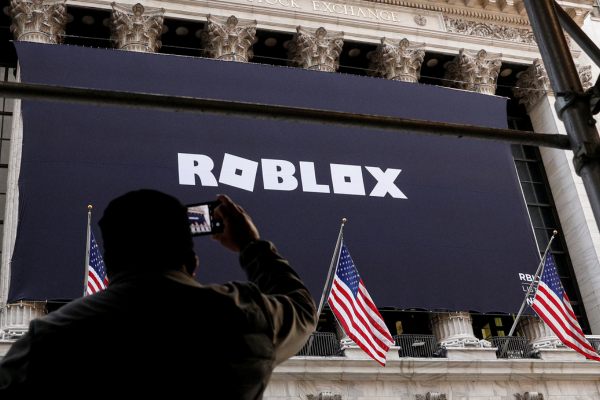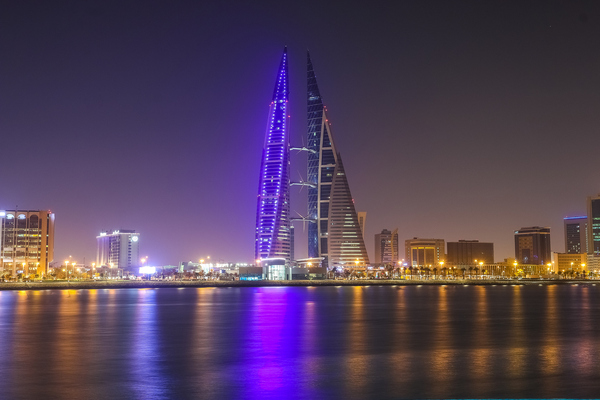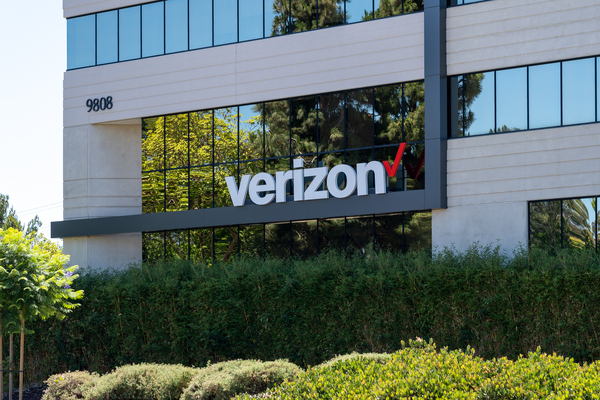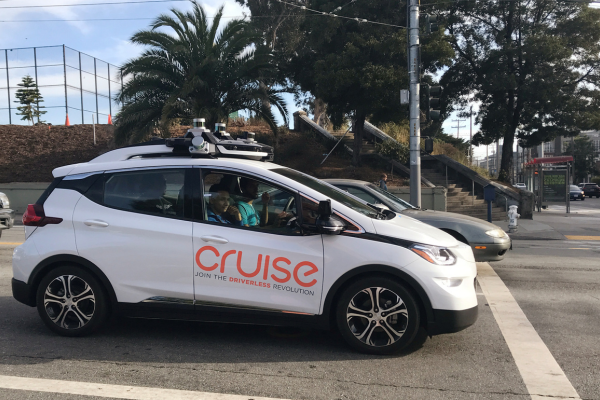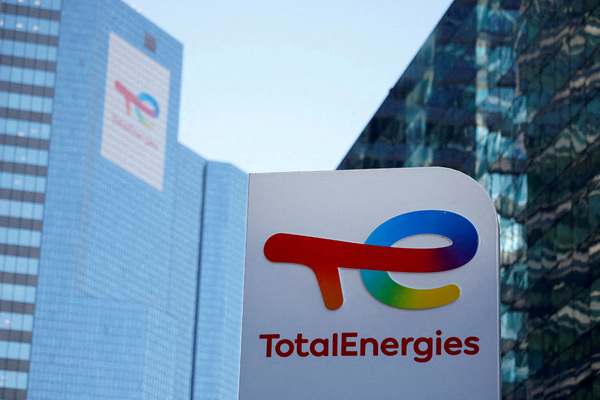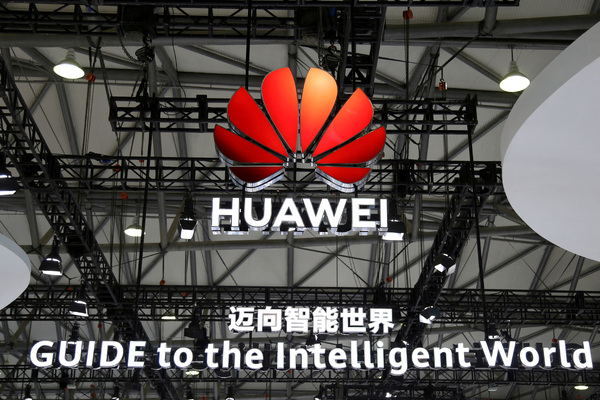FIWARE is powering up cities across the board
Sponsored by FIWARE Foundation
Jim Craig, Pieter De Jong and Val De Oliveira from the FIWARE Community explain how FIWARE is driving the development of smart digital solutions in a faster, easier, interoperable and affordable way, following an open source approach that avoids vendor lock-in.
When we talk about Smart Cities, topics such as ICT, big data and Internet of Things often spring to mind, and rightfully so. However, the scope of Smart Cities reaches far beyond software, hardware and data.
Smart Cities represent distinctive ecosystems of collaborative frameworks: private and public businesses, not-for-profit organisations, social enterprises, citizens, etc. These ecosystems facilitate the transformation of cities into enablers of economic growth, innovation and well-being. Under this concept, cities become more efficient, resilient to environmental challenges, cost effective and sustainable, providing citizens with a better place to work, live and socialise.
In this context, we invite you on a journey of digital transformation, with practical examples focused on sustainability, data economy, and the efficient management of public services - from the citizen’s standpoint. We will show you how FIWARE Foundation[1] members are guiding cities and helping them to embrace the Smart City concept.
Cities such as Amersfoort, Antwerp, Málaga, Santander (to mention but a few) - part of the Open & Agile Smart Cities (OASC) network - of which the vast majority of its 150+ cities have already adopted FIWARE technologies, are great examples of how cities can boost growth and deliver more efficient services with the help of the growing
Delivering Smart Cities to enhance life
Technical innovation projects, using enterprise open source software, can be used to improve the infrastructure of cities and enhance the lives of citizens.
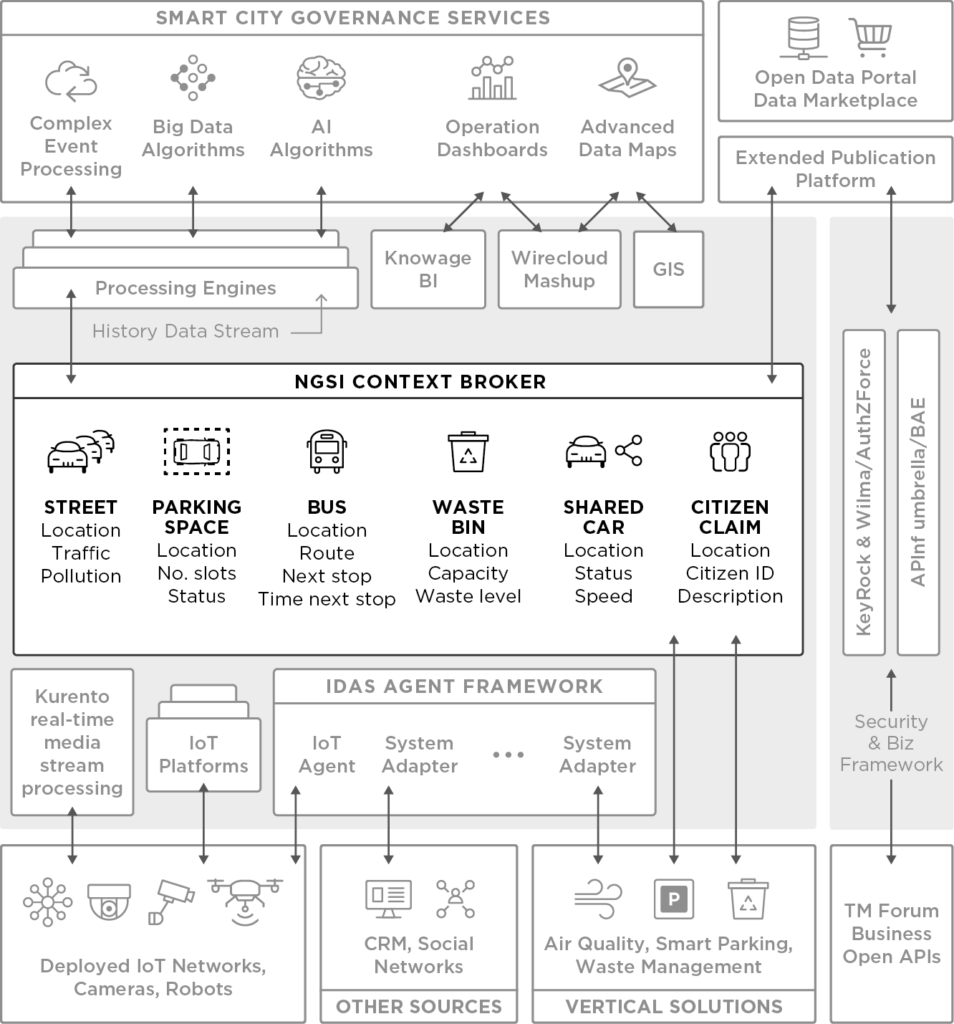
Image provided courtesy of FIWARE Foundation
Smart Cities are not only about technology
A successful Smart City is a city that addresses challenges in a collaborative, open and replicable manner.
If you want a successful Smart City approach that addresses climate resilience, air and water pollution, public health and the “liveability” of cities, you must focus on the challenges of the city. Be open, build a community and collaborate.
At the heart of a city is its community, a broad group of actors who can all provide valuable inputs in working towards a Smart City. Bringing together citizens, industry, science and policy is a potent mixture for innovation.
The key is collaboration between all these actors, using all available knowledge, while not reinventing the wheel. A prerequisite for successful collaboration is openness: open data, open technology, open source, and open standards. The technology is a facilitator, an enabler, a means to an end.
This is the approach of the Future City Foundation, the FIWARE iHub in the Netherlands, and the first Smart City network in the Netherlands that focuses on the demand of the city and brings all the actors together. The Future City Foundation uses the open standards provided by FIWARE Foundation to enable rapid data and information transfers between all involved parties.
Success with a collaborative approach
Successful projects already applying this approach include SCOREwater, a EU Horizon2020 research and innovation project, working towards a smart water society.
- In an effort to create a climate-resilient city, Amersfoort (Netherlands) teamed up with the citizen science network “MeetJeStad”, integrating data gathered by citizens into the project.
- In the city of Gothenburg (Sweden), sensors give insights into the quality of run-off water from construction sites. The same data contributes to educational programs for children about water pollution.
- In Barcelona (Spain), sewage is being analysed as part of a broader, city-wide and citizen-centric approach. It’s even possible to trace the presence of COVID-19 in wastewater. All this new data allows faster and better-informed decisions.
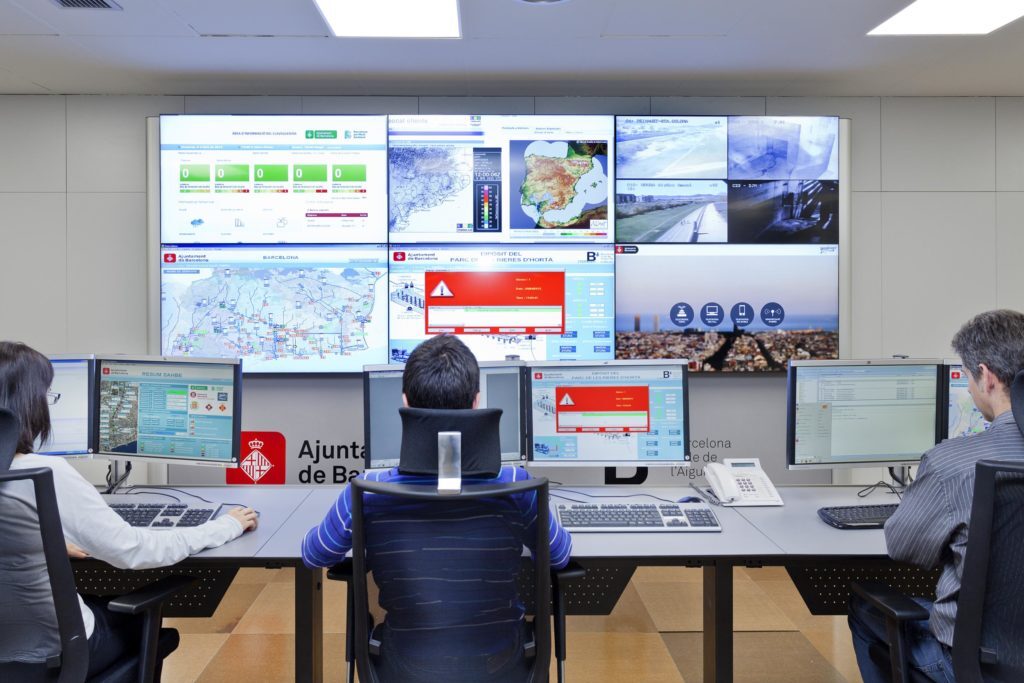 YouTube.
YouTube.
Business Reporter Team
Related Articles
Most Viewed
Winston House, 3rd Floor, Units 306-309, 2-4 Dollis Park, London, N3 1HF
23-29 Hendon Lane, London, N3 1RT
020 8349 4363
© 2024, Lyonsdown Limited. Business Reporter® is a registered trademark of Lyonsdown Ltd. VAT registration number: 830519543
